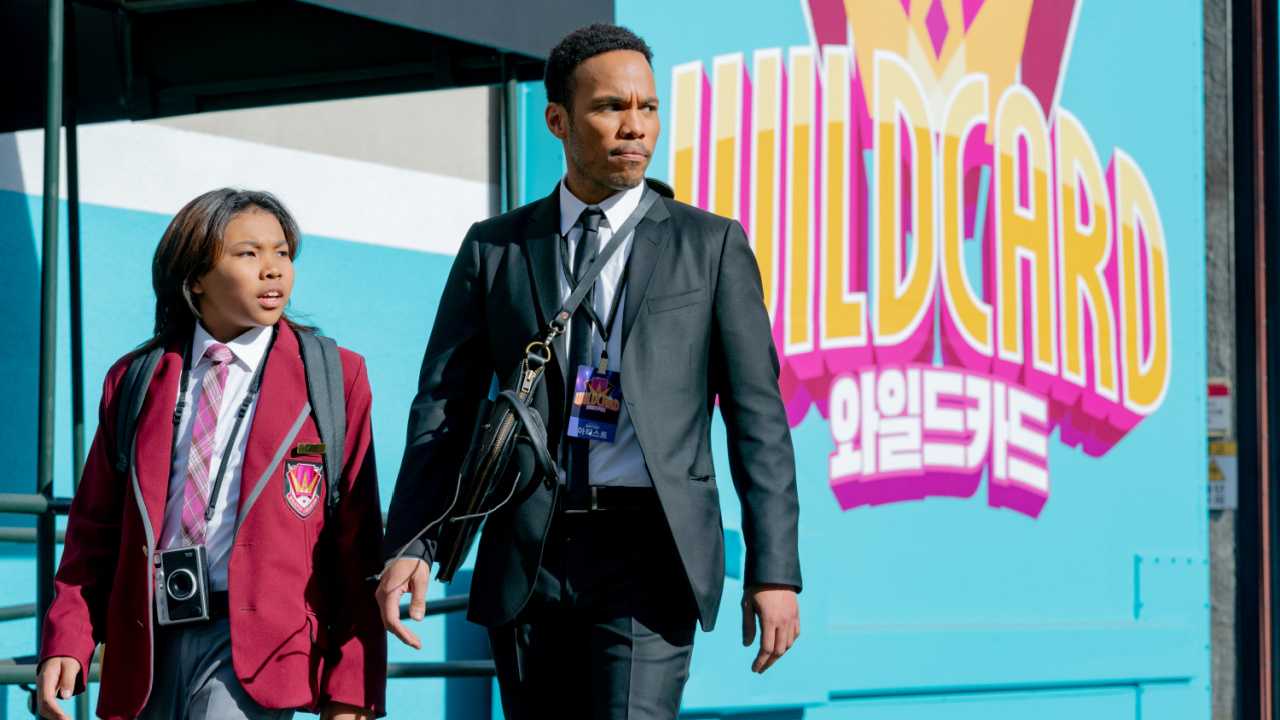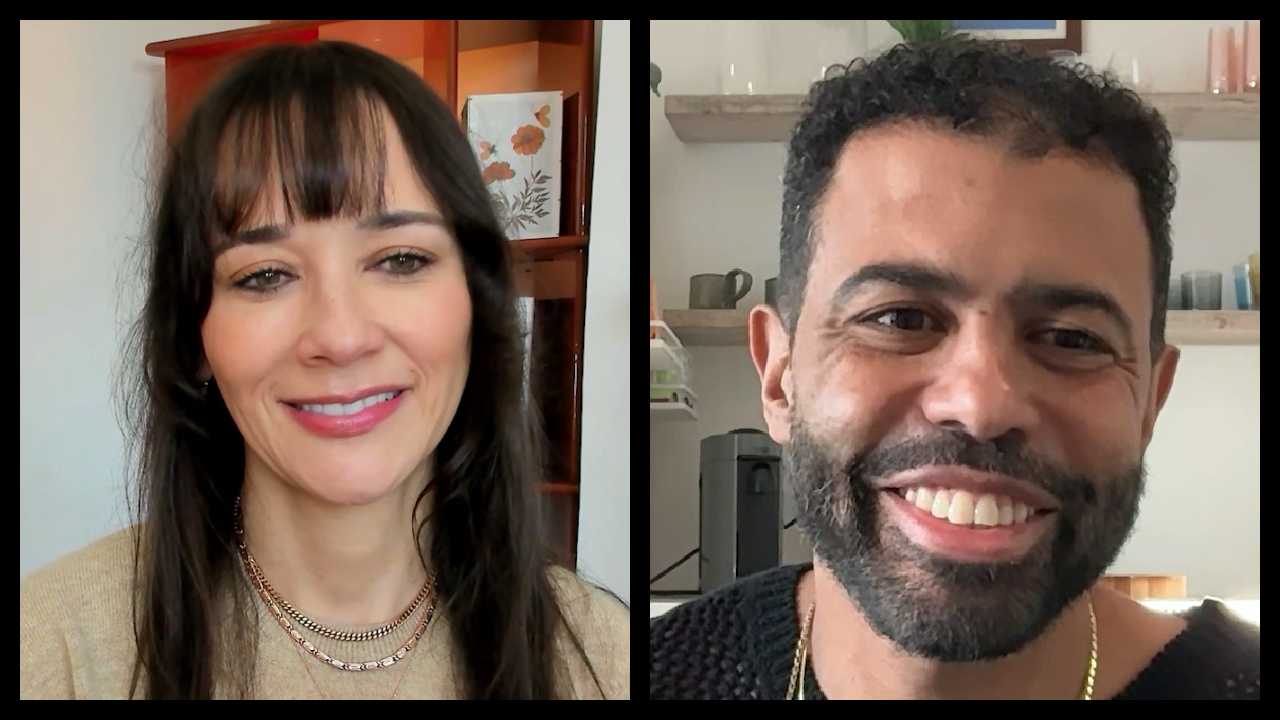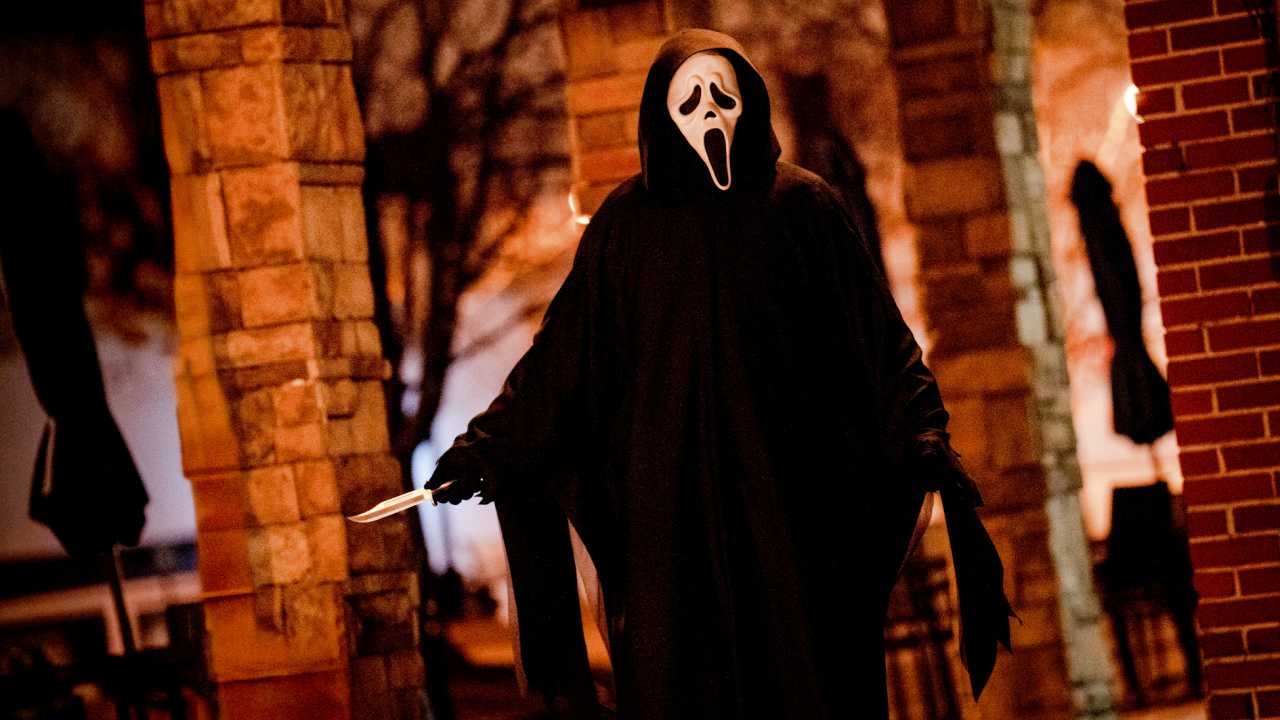A Guide to the Female Clones of 'Orphan Black'

"Orphan Black" returns on April 18, which means that viewers are being treated to a third season of crazy plot twists, thrilling action, and amazing feats of acting by star Tatiana Maslany. There are spoilers from here, so if you're not caught up or haven't even watched "Orphan Black," stop reading this article and go see it now!
The second season ended with the shocking introduction of male clones, who were created by the military in an experiment known as Project Castor. (Female clones are products of Project Leda, which was sponsored by scientific researchers rather than the government.) It's a lot to comprehend, even for dedicated viewers who have been with the show since it began. For the benefit of all watchers, including myself, here is a guide to understanding the female clones of "Orphan Black," so that we may all better remember what's going on now the season is underway.
1. Sarah Manning
Sarah is probably the main character of "Orphan Black," as much of the story revolves around her dedication to protecting her daughter, Kira (Skyler Wexler), and unraveling the conspiracies behind clone creation. At the beginning of the show, Sarah was a small-time petty criminal who emigrated from England with her foster mother Mrs. S (Maria Doyle Kennedy) and foster brother Felix (Jordan Gavaris). As the series progressed, she became more involved in discovering her own origins, and became closer to her fellow clone sisters. The end of the second season saw Sarah discovering the existence of the Castor clones, and the third season is sure to pick up from that discovery.
2. Cosima Niehaus
Cosima is an American graduate student studying biology, and she is able to give a scientific foundation to Sarah's crusade. Cosima is currently in a relationship with Delphine Cormier (Evelyne Brochu), a fellow scientist who works for the Dyad Institute, the company that created the clones. At the end of season 2, Cosima was suffering from a mysterious genetic illness, which is incredibly worrying for all who consider her to be their favorite clone.
3. Alison Hendrix
Alison is, on the surface, the most ordinary of the female clones, but appearances can be deceiving. She may be a suburban soccer mom, but she also suffers from alcohol and drug addiction. Oh, and she indirectly murdered her friend and then later helped her husband bury a body in the garage. Alison's hilarious, uptight, and unpredictable. She's probably the wild card clone, because we never know exactly what she's going to do next.
4. Helena
Poor, damaged Helena was raised and abused by the Prolethian religious extremist movement, trained by them to be a fanatical assassin. While she served as a villain in the first season, killing off clones and her own mother, she has since reconciled with her biological twin sister Sarah. Helena is very sweet underneath the terrifying exterior, but her past abuse has made her damaged and unpredictable. At the end of the second season she was kidnapped by the military. Judging by how she reacted to being kidnapped by the Prolethians in season two, I'd say she won't stay incapacitated for long.
5. Rachel Duncan
Rachel Duncan is the cool, villainous clone who served as an executive at the Dyad Institute. But don't let her killer stare fool you: Rachel's youth as a self-aware science experiment has made a dent on her sanity, and her motives are very murky. At the end of the second season Sarah created a trap for Rachel which shot a pencil through her eye, but I'm willing to bet that wasn't the last we'll see of Project Leda's most executive clone.
Grace Segers is a student at Tufts University and a contributor to Moviefone's Campus Beat. Are you a current college student with a love for all things movies and TV? Contribute to Campus Beat!








